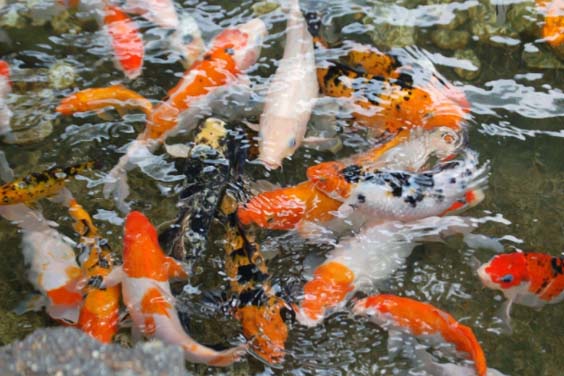
Source: Pixabay
You can’t do without a pond water filtration system, unless you plan to condemn all the fish and other water animals to death. A pond is not like a lake or a river where water recycles itself through inlets and outlets, It requires human intervention for things to remain within the limits of supporting life. Before setting up a pond, you have to think about the garden pond filter systems. It is the first thing that has to be drawn on the blueprint of the pond as it is the lifeline of the whole set up. The following are some of the factors you have to keep in mind when making that decision.
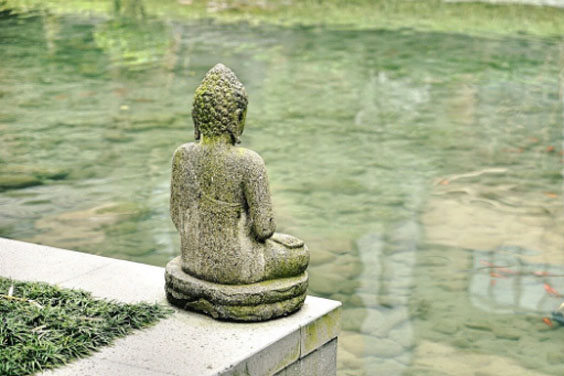
Source: Pixabay
The size of the pond determines a lot of things and top among them is the filtration system. A bigger pond will require a large pond filtration system and this means more work and high electricity bills. The first thing you will need to be aware of is that the water will need to be connected to powerful water and air pumps that will ensure oxygen is available for the fish. The length of the connecting pipes will depend on the size of the pool. The pump has to also have the capacity to handle the whole pool without straining. If narrowing down to the right equipment is challenging, then you may have to bring in a qualified pond expert who will assess the situation and give you the right advice on the way forward.

Source: Pixabay
The cost of setting up a functioning pond filtration system is not something to play around with. Even where small ponds are involved, the running costs of attaining that pool to ensure everything is how it should be will put a significant dent in your pockets. Therefore, before making the conscious decision to invest in a pond, make sure you can first afford a decent pond filtration system that will not break down on you after a few months of setting it up. To make it easy to find a solution that is within your affordable range, you can contact us and we would be there to take you through the options that may work for you.
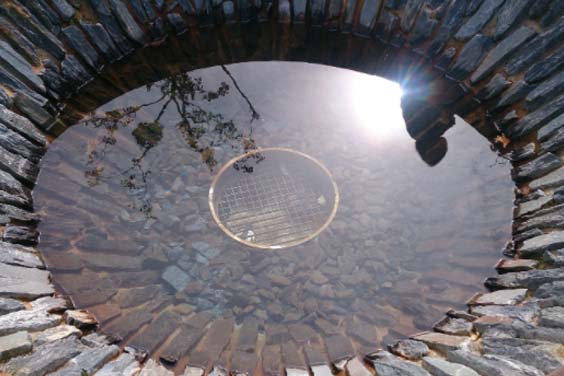
Source: Pixabay
Not to be confused with the size of the pond. A pond may be as wide as a lake but if it is shallow, it cannot hold up to a smaller pond that is 30 feet deep. The volume of water is vital because it determines the amount of filters that can be installed in it and work efficiently. The recommended calculation for determining the type of filter to go with is 9:10. What this means in layman terms is that, if you have a pond with a water volume of 18,000 liters then you should get a fish pond filtration system that can comfortably handle 20,000 liters of water. This is to allow some room for error in the event that the eater volume increases after rain. The last thing you would want to deal with is having a filtration system that is overpowered by the volume of the water.
There are about three types of filtration and each has cost attached to it. There’s mechanical filtration which involves the physical removal of objects from the pond. This may require you direct input through the use of pond skimmers. It is manually exhausting but it can also be made easier by the use of special devices that run on electricity, but that is an added cost in terms of electricity bills and maintenance.
There’s chemical filtration which is the costliest among the three as it involves the use of UltraViolet sterilizers which don’t come cheap and are prone to damage. These UV sterilizers also use electricity and the amount of consumption depends on the size of the pool, the bigger it is the higher the cost.
Biological filtration the cheapest and the easiest form of filtration that you should consider. It is the use of best biological filter media like ceramic rings and ceramic balls to breed beneficial bacteria that help in filing toxic substances in the water through natural means. The only drawback to this is that it is slow and requires a significant amount of time to work. For this reason, it is usually combined with either chemical or mechanical filtration for better results. Make sure you get the best bio media filter manufacturers for your products.
Find as much information on each process before making a decision because you have installed a filtration system, getting rid of it will run you into great losses.
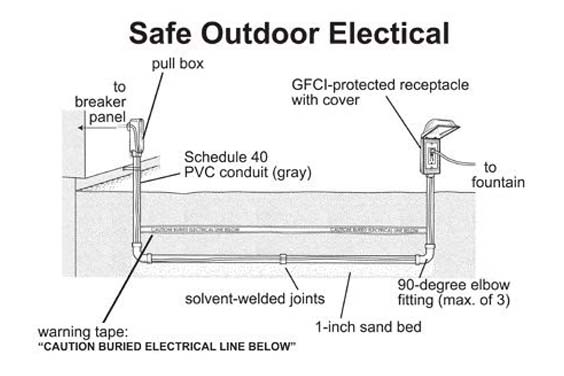
Source: Pinterest
You know what happens when electricity comes into contact with water. Most of the filtration equipment relies on electricity to run and at some point you will be forced to have submersive wiring. This has to be done cautiously with good insulation to make sure no harm comes to the fish. If you can find a way to minimise the amount of wiring within the pond the better for you in terms of cost and the fish in terms of safety.
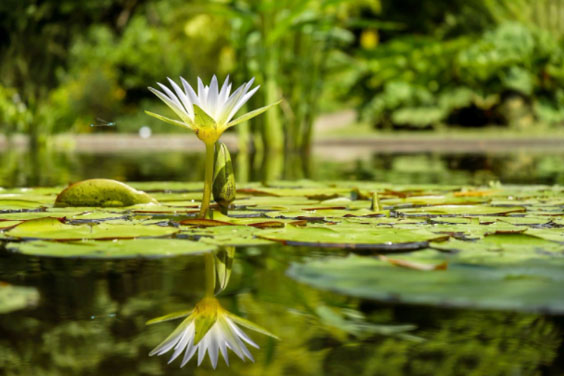
Source: Pixabay
Plants are natural filters and they do one hell of a job when working side by side with other forms of filtration. You can actually save a lot if you choose to let most of the work get handled by the plants. However, not just any pond plant gets the job done. Some of the best natural filter plants include water hyacinth and water lilies. You will have to create a separate spill that allows the water to pass through the plants or you can just let the plants grow wildly in sections of the pond. In the case of the water hyacinth plant, you should be careful as it is known to grow quickly and can take over the whole pond if left unchecked.
There are some filtration systems that are too complicated for you to handle on your own and you will need the services of a contractor to get things done. These are usually used in big ponds that cover huge spaces and can accommodate a lot of fish. If your pond is of small size and has natural filter plants, then it may not need a sophisticated setup, you can install a small filtration system on your own saving yourself some extra money which can then be redirected to something else like buying food for the fish or installing lights.
Another advantage of doing things on your own is that you get to dictate the pace which allows you to take your time with each part ensuring that it works perfectly before moving on to the next. You also don’t need to add everything at once, you can deal with each part even after the pond is already running.
It is important to get the right filtration system if you ever hope to have a functioning pool for your backyard, and even getting the right system will not be the end of work. It will take your daily attention to ensure that nothing goes wrong. For more information on how to get the best pond filtration system, visit our website for all the updates and have any question you may have answered by a team of pond experts.




Leave a Reply